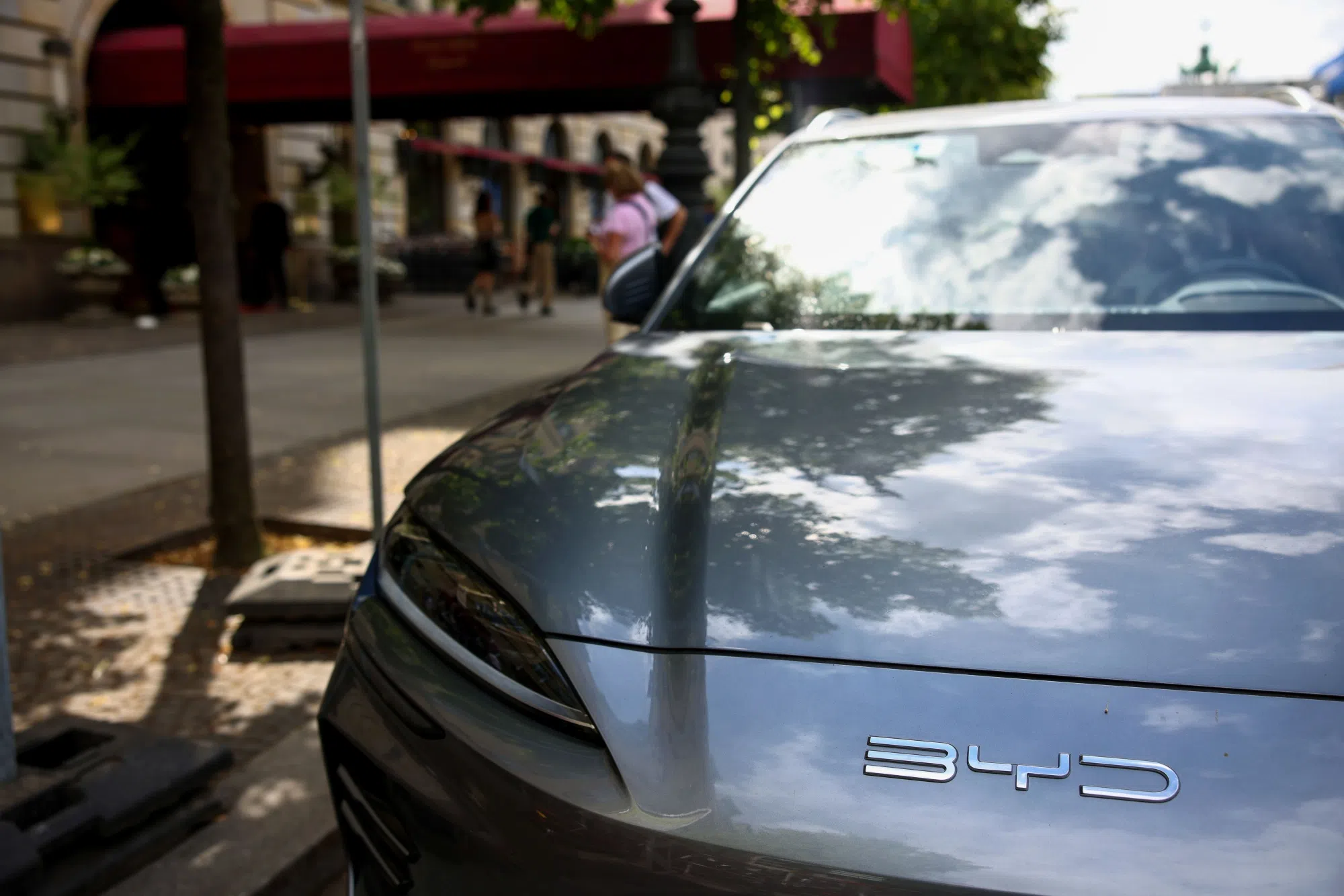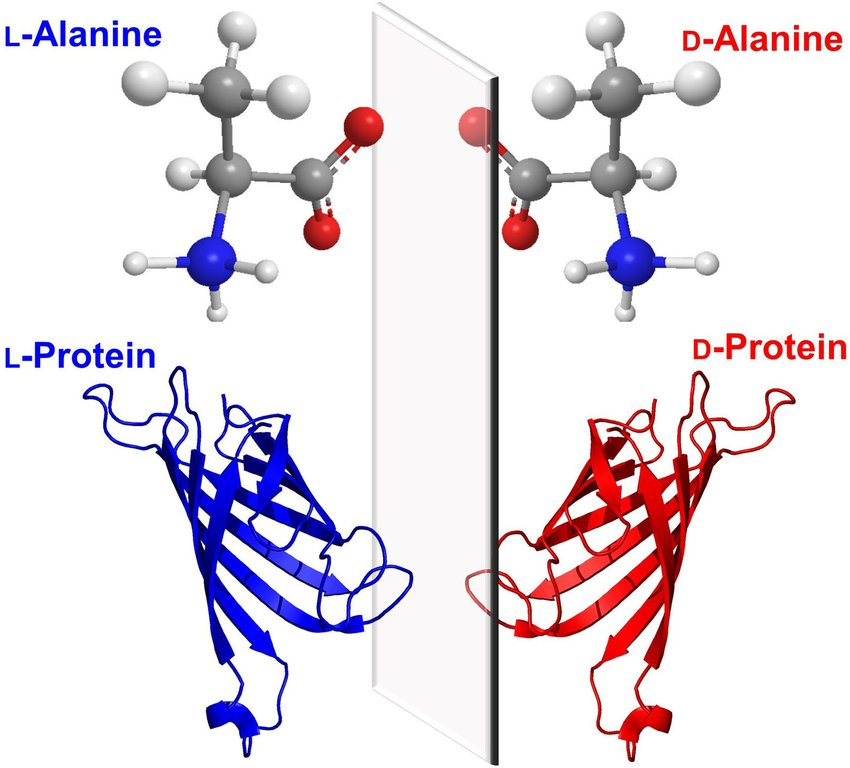UBER Technologies will team up with BYD to put 100,000 electric vehicles onto the ride-hailing company’s platform, in a major deal between American and Chinese businesses that notably excludes the US.
Under the multiyear partnership, the two companies will offer drivers lower vehicle pricing and financing. The tie-up will start in Europe and Latin America, then expand to the Middle East, Canada, Australia and New Zealand, Uber and BYD said on Wednesday (Jul 31) in a statement.
The alliance bolsters Uber’s efforts to transition the fleet of vehicles on its ride service to EVs – an initiative chief executive officer Dara Khosrowshahi warned early this year was running off track. It is also a boon to BYD, which has been one of the world’s fastest-growing automakers the last few years. That expansion has largely been driven by climbing the sales ranks within China’s massive car market, and the company is now embarking on an expansion into countries where its brand is less established.
“We look forward to seeing our cutting-edge EVs become a common sight on the streets of cities worldwide,” said Stella Li, the executive vice-president of BYD and chief executive officer of BYD Americas.
Uber shares jumped more than 2 per cent shortly after the start of regular trading on Wednesday in New York. BYD shares have risen more than 6 per cent this year in Hong Kong, boosting the company’s market capitalisation to HK$734.6 billion (S$125.7 billion).
The pairing up cuts against increasing tensions between Washington and Beijing over the future of the automotive industry. China has built a formidable lead in batteries and the EV supply chain, and the US has been trying to push back against that dominance with a combination of punitive tariffs and tens of billions of US dollars in tax credits for companies and consumers.
BT in your inbox
Start and end each day with the latest news stories and analyses delivered straight to your inbox.
Uber and BYD make no mention of the US in their statement, likely because the market is virtually closed off to the carmaker. President Joe Biden has vowed to increase tariffs on Chinese EVs to 102.5 per cent this year, ratcheting up a rate that former president Donald Trump raised to 27.5 per cent during his four years in the White House.
The European Union and countries including Canada have since followed suit in adopting or considering higher duties on Chinese EV imports, which could further complicate Uber’s objective for 100 per cent of its rides in US, Canadian and European cities to take place in electric vehicles by 2030.
One of the company’s challenges has been the dearth of affordable, long-range and relatively spacious EVs to compete with low-cost cars powered by combustion engines that are popular among ride-hail drivers, such as the Toyota Prius.
SEE ALSO








